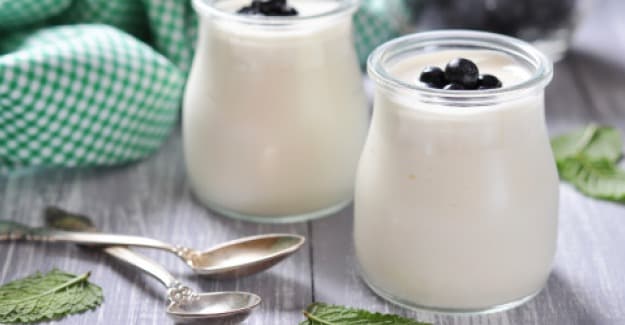The success of probiotics for boosting human health may depend partly upon the food, beverages, or other material carrying the probiotics, shows a new study.Dairy products are the most popular food matrices for probiotic strains.Probiotics Can Help Lower Blood Pressure
"Our results say that the manner in which a probiotic is delivered - whether in food or supplement form - could influence how effective that probiotic is in delivering the desired health benefits," said author Maria Marco, associate professor in the department of food science and technology, University of California at Davis.The researchers probed the probiotic strain, Lactobacillus casei BL23 in a mouse model of colitis, or inflammation of the colon. The mice that ingested the probiotic in milk had reduced symptoms compared to those that were fed milk without the probiotic, and the ones that received the probiotic within a non-food supplement, says the study outlined in Applied and Environmental Microbiology.Eat Probiotics for a Healthy Gut"The benefits of the probiotic involve a direct effect of L. casei, or of a metabolic product of these bacteria upon the intestinal epithelium, rather than a global alteration of the indigenous intestinal microbiota," Marco said."Strains of L. casei are commonly added to dairy products as probiotics and, while strain BL23 is not commercially available, it is genetically similar to commercial strains and has also been studied for its capacity to prevent or reduce intestinal inflammation."
"Our results say that the manner in which a probiotic is delivered - whether in food or supplement form - could influence how effective that probiotic is in delivering the desired health benefits," said author Maria Marco, associate professor in the department of food science and technology, University of California at Davis.The researchers probed the probiotic strain, Lactobacillus casei BL23 in a mouse model of colitis, or inflammation of the colon. The mice that ingested the probiotic in milk had reduced symptoms compared to those that were fed milk without the probiotic, and the ones that received the probiotic within a non-food supplement, says the study outlined in Applied and Environmental Microbiology.Eat Probiotics for a Healthy Gut"The benefits of the probiotic involve a direct effect of L. casei, or of a metabolic product of these bacteria upon the intestinal epithelium, rather than a global alteration of the indigenous intestinal microbiota," Marco said."Strains of L. casei are commonly added to dairy products as probiotics and, while strain BL23 is not commercially available, it is genetically similar to commercial strains and has also been studied for its capacity to prevent or reduce intestinal inflammation."
Advertisement
For the latest food news, health tips and recipes, like us on Facebook or follow us on Twitter and YouTube.
Tags:










